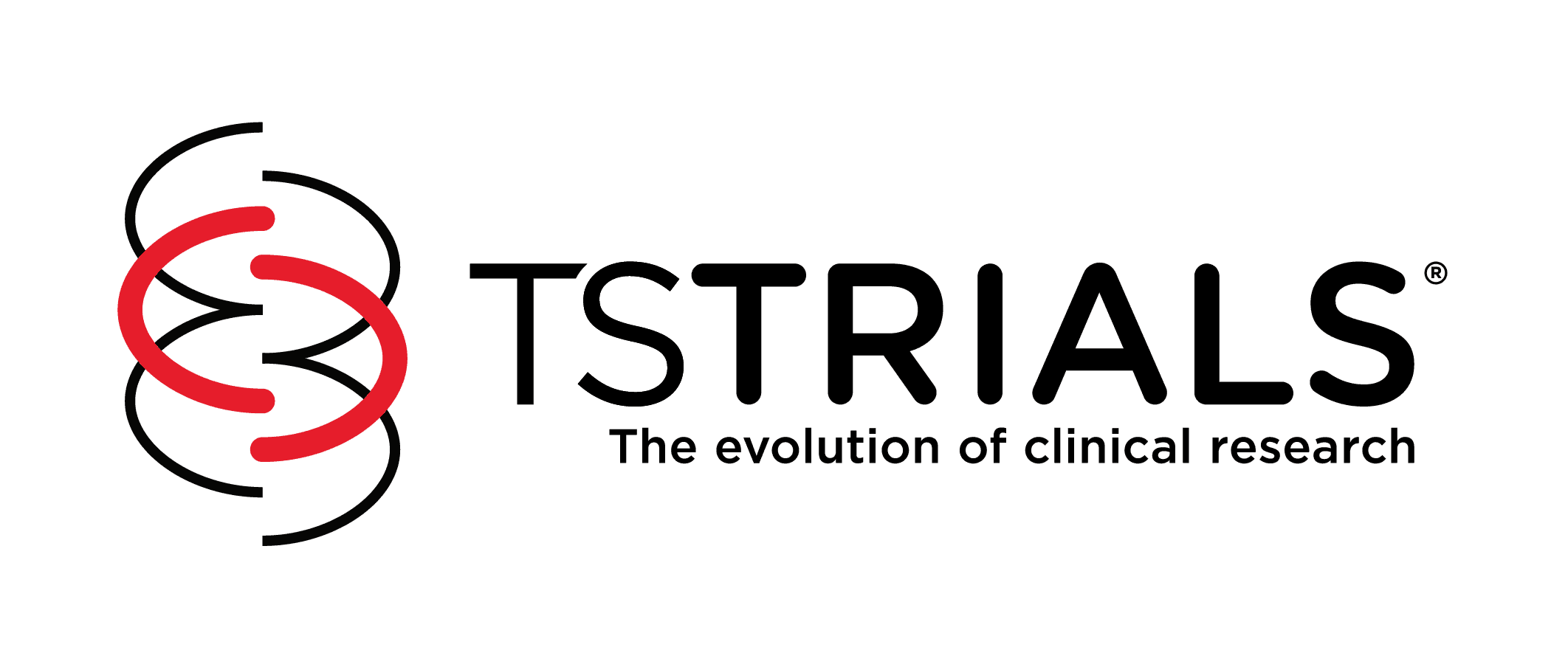
Mar 15, 2022
Introduction
Argentina participated in clinical trials to test its effectiveness and the ANMAT is evaluating its authorization. The FDA endorsed the application between 32 and 36 weeks of gestation. It is intended to protect babies from birth to 6 months of age.
Respiratory syncytial virus (RSV) is highly contagious and a common cause of respiratory illness that can be life-threatening in younger babies. Bronchiolitis is an acute respiratory infection that occurs most frequently in the fall-winter months and It mainly affects children under one year of age. Although it can be caused by different viruses, the most common is the Respiratory Syncytial Virus (RSV ). According to the latest National Epidemiological Bulletin, so far this year, 143,887 cases of bronchiolitis in children under two years of age have been registered in the country. In June, the outbreak of this respiratory infection exceeded the levels of cases prior to the COVID-19 pandemic (which had paused the circulation of other respiratory pathogens) by more than 70%. For this reason, since the end of May, the postcards were repeated in pediatric wards throughout the country: full waiting rooms and several hours of delay in care due to the number of babies and children with bronchiolitis. This Monday, the US Food and Drug Administration ( FDA ) announced the approval of a vaccine for use in pregnant women against the respiratory syncytial virus, with the aim of preventing lower respiratory tract disease (LRTD) . for its acronym in English) in babies from birth to 6 months of age. The Abrysvo vaccine is manufactured by the Pfizer laboratory and was approved in the US for use between 32 and 36 weeks of gestation and is administered as a single-dose intramuscular injection. The FDA had already endorsed the vaccine in May for use in people over 60 years of age.
